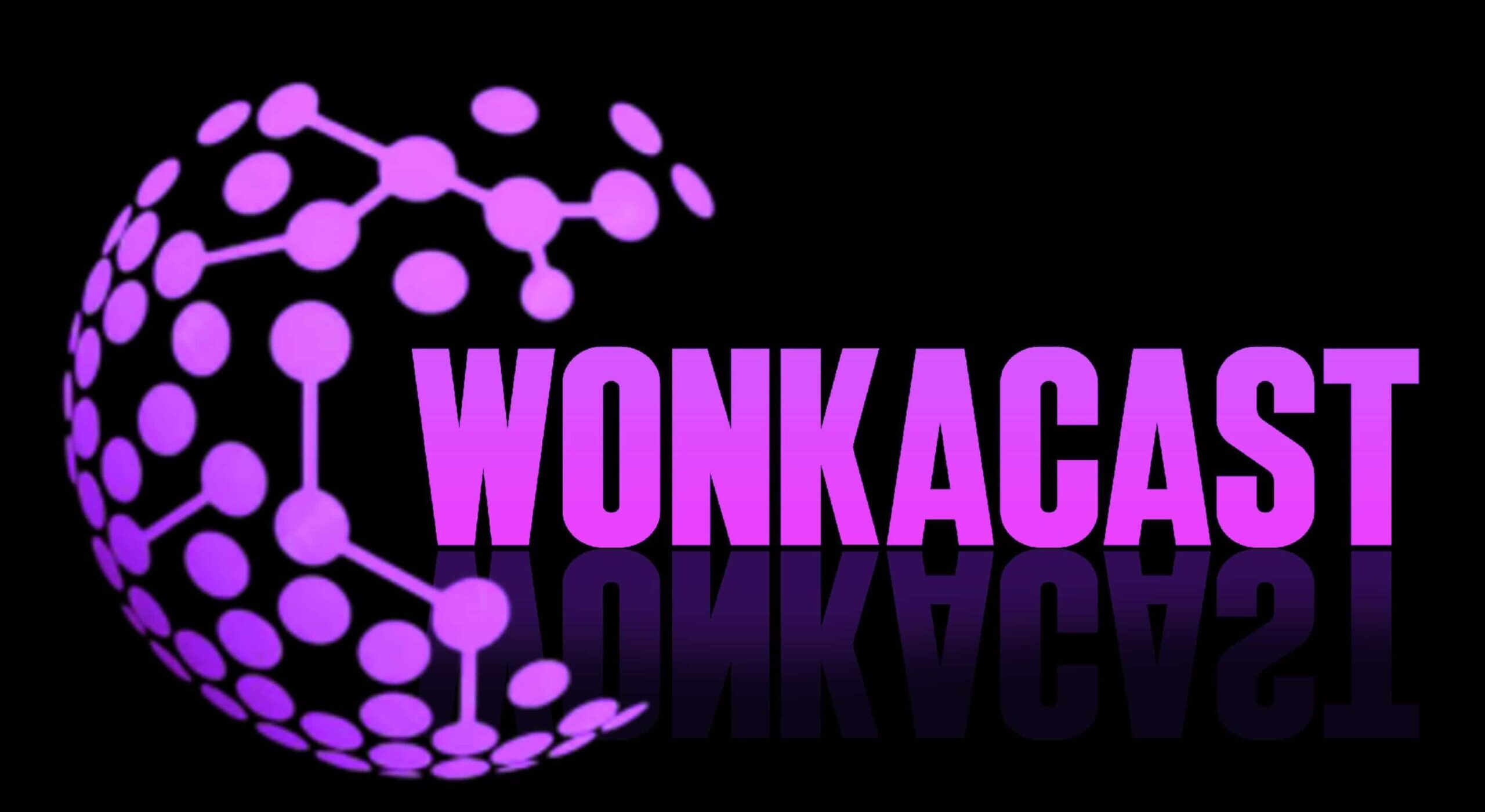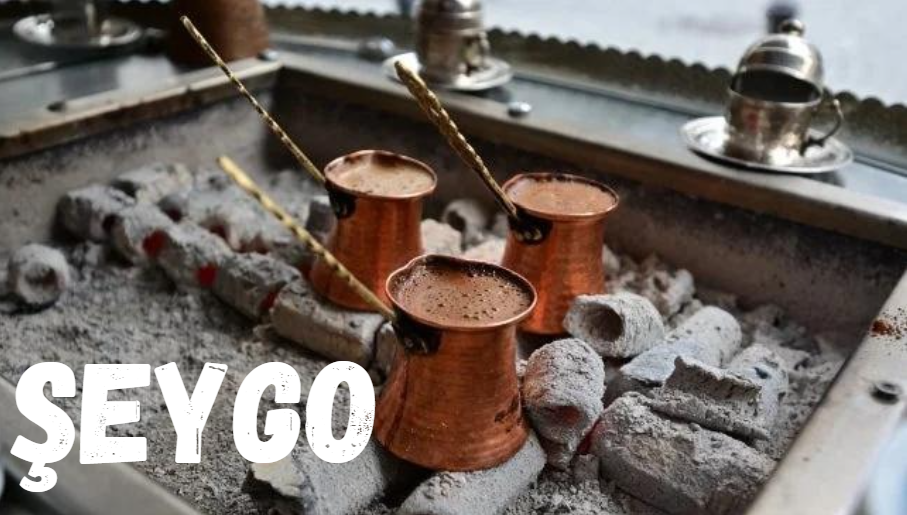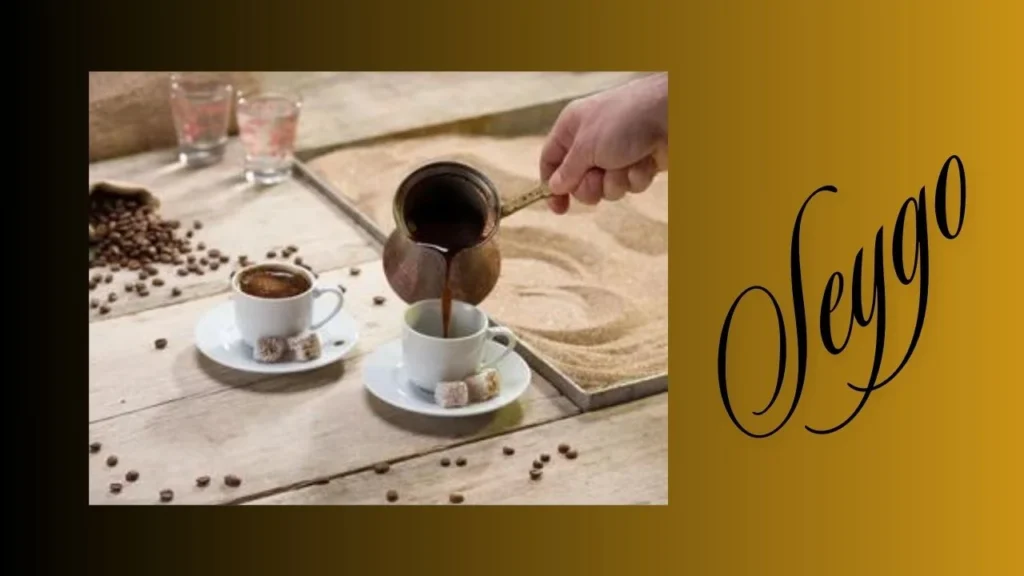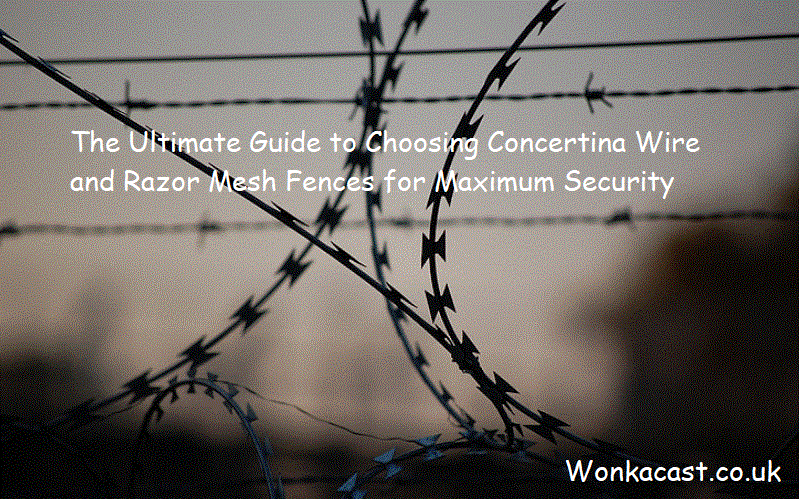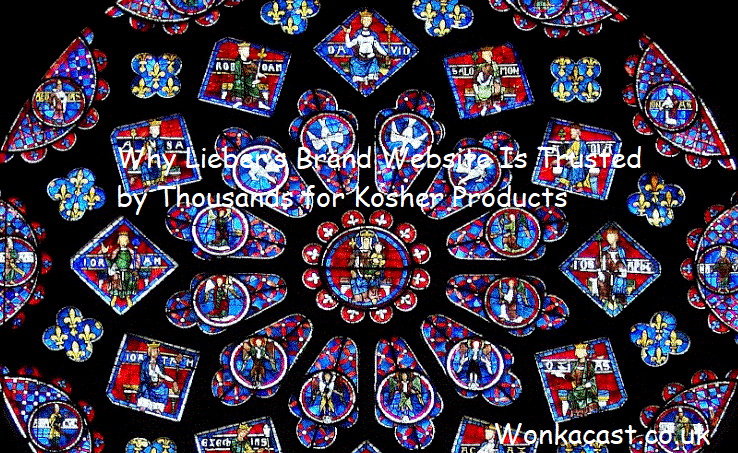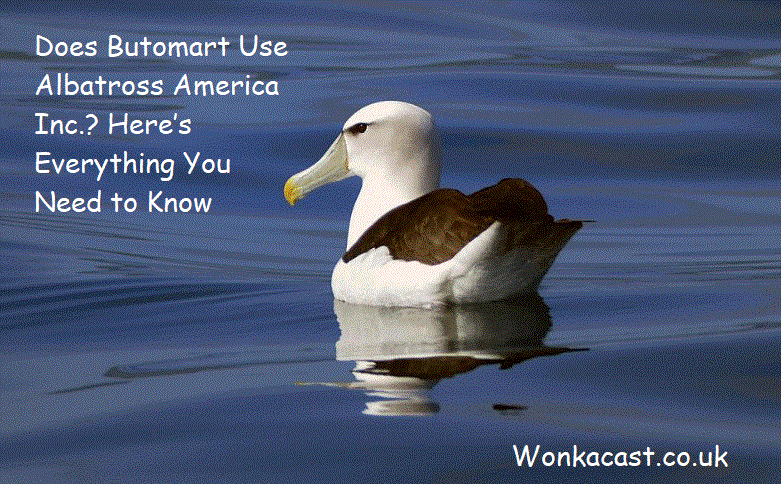In an era where the fast-paced lifestyle and digital distractions dominate, the ancient philosophy of Şeygo emerges as a beacon of balance, harmony, and ethical living. Şeygo is much more than a set of practices; it is a way of being that emphasizes integrity, sustainability, and interconnectedness.
This blog will delve deeply into the roots, significance, and real-world applications of Şeygo, showing how this philosophy can be woven into the fabric of daily life. Whether you’re seeking personal growth, ethical leadership, or a way to reconnect with nature and your community, Şeygo offers timeless wisdom for navigating modern life’s complexities.
Introduction: What is Şeygo?
At its core, Şeygo is a philosophy that promotes balance and harmony, both within oneself and with the external world. Originating from ancient traditions, Şeygo encompasses a range of practices and ethical guidelines that encourage mindfulness, community well-being, and environmental stewardship.
While it has deep roots in ancient cultures, Şeygo has found new relevance in modern times as individuals and organizations seek meaningful ways to live more balanced lives amidst the chaos of the modern world. With its emphasis on sustainable living, compassion, and self-awareness, Şeygo has gained traction in fields ranging from education and mental health to leadership and environmental advocacy.
This blog will explore the key principles of Şeygo, its applications in various aspects of life, and how this ancient wisdom can guide us in the 21st century.
The Origins and Cultural Significance of Şeygo
Historical Background of Şeygo
The origins of Şeygo can be traced back to several ancient cultures, where it was practiced as a philosophy that guided everyday living. Rooted in principles of respect for nature, community, and personal balance, Şeygo was often taught through oral traditions, art, and rituals. It wasn’t just a personal practice but a communal one, emphasizing the importance of collective well-being alongside individual growth.
The philosophy of Şeygo has parallels in many cultures around the world, each with its variations. In some societies, Şeygo might have been tied to spiritual practices, while in others, it was closely linked to environmental stewardship and social justice. The fact that Şeygo has persisted through millennia is a testament to its enduring relevance and the universality of its core principles.
Cultural Significance in Modern Times
In the modern era, Şeygo has taken on new cultural significance. It is often viewed as a remedy for the stresses and imbalances created by urbanization, technology, and the globalized economy. People today are looking back to the wisdom of Şeygo for guidance on how to reconnect with nature, foster meaningful relationships, and live ethically in a fast-paced, often disconnected world.
The cultural renaissance of Şeygo is not just about reviving an ancient tradition; it’s about adapting its principles to modern life. As people face challenges such as climate change, mental health crises, and social inequality, Şeygo offers a framework for addressing these issues in a holistic and compassionate way.
The Core Principles of Şeygo
At the heart of Şeygo lies several core principles that guide individuals toward a life of balance, integrity, and community. These principles are flexible enough to be adapted to various aspects of life, whether personal, professional, or societal.
1. Balance
Balance is the foundation of Şeygo. It promotes the idea that all aspects of life—work, personal relationships, community involvement, and self-care—must be in harmony. This principle encourages individuals to pay attention to all areas of life and not allow one to dominate the others.
2. Sustainability
Şeygo teaches that sustainability is essential for long-term well-being. This applies not only to how we treat the environment but also to how we manage our personal energy and resources. The philosophy encourages people to think beyond the present moment and consider how their actions today will impact the future.
3. Compassion and Empathy
At its core, Şeygo emphasizes the importance of compassion, both for oneself and others. It advocates for empathy in all relationships, encouraging people to understand and support one another. Whether in personal or professional settings, Şeygo teaches that kindness and understanding are fundamental to creating harmonious communities.
4. Respect for Nature
Şeygo promotes a deep respect for the natural world, recognizing that humans are an integral part of the ecosystem. This principle calls for living in harmony with nature, adopting sustainable practices, and protecting the environment for future generations.
5. Ethical Leadership
Şeygo calls for ethical leadership in all aspects of life. Whether leading a family, a community, or a business, Şeygo teaches that leaders should act with integrity, transparency, and fairness. Ethical leadership is about serving others and making decisions that benefit the greater good rather than personal interests.
Şeygo in Education: Teaching Balance and Compassion
Education is a key area where Şeygo principles are beginning to have a profound impact. Modern education systems often emphasize competition, achievement, and intellectual development at the expense of emotional and social growth. Şeygo offers an alternative model that prioritizes holistic learning and emotional intelligence alongside academic success.
Şeygo in Early Childhood Education
In early childhood education, Şeygo principles can be integrated into curricula to help children develop a balanced understanding of the world around them. By emphasizing the importance of community, respect, and environmental stewardship from a young age, educators can foster a generation of compassionate, socially responsible individuals.
Şeygo-inspired programs in schools focus on developing students’ emotional and social intelligence, teaching them how to manage stress, practice mindfulness, and engage with others in a caring and respectful way. These programs often include lessons on environmental stewardship, helping children understand their role in protecting the planet.
Şeygo in Higher Education
At the university level, Şeygo principles can help students navigate the pressures of academic life and prepare for the challenges of the professional world. Incorporating Şeygo into higher education means fostering a learning environment that values collaboration over competition and personal growth over grades.
Students are encouraged to think critically about their role in society and the impact their careers will have on the world. By integrating Şeygo principles into the curriculum, universities can prepare students not just to succeed in their chosen fields, but to lead with compassion and integrity.
Practical Applications of Şeygo in Everyday Life
Mindfulness in Daily Routines
Mindfulness is a core practice of Şeygo and one that can easily be integrated into daily routines. Simple actions like taking a few moments to breathe deeply, focusing on the present moment, or practicing gratitude can bring balance to even the busiest of days.
Start by setting aside five minutes each morning for mindfulness. Whether through meditation, journaling, or simply sitting in silence, these moments of reflection can set a positive tone for the day.
Building Healthy Relationships
Healthy relationships are a key component of a balanced life, and Şeygo emphasizes the importance of fostering relationships built on respect, empathy, and open communication. Whether at home, at work, or in the community, making time for meaningful connections with others can greatly enhance personal well-being.
Incorporating Şeygo into relationships means practicing active listening, being present with loved ones, and approaching conflicts with empathy and a desire for resolution.
Conclusion: The Timeless Relevance of Şeygo
Şeygo may have ancient roots, but its principles are more relevant today than ever. As individuals and societies grapple with modern challenges—ranging from environmental crises to mental health struggles—Şeygo offers a holistic framework for living a balanced, compassionate, and ethical life.
By embracing Şeygo in our personal lives, educational systems, leadership practices, and daily routines, we can foster a more harmonious world where individuals and communities thrive in balance with one another and the environment.
Incorporating Şeygo into your daily life, whether through mindfulness practices, environmental stewardship, or fostering community connections, can lead to a more meaningful, fulfilling, and harmonious existence. As we continue to face modern challenges, Şeygo remains a relevant and powerful tool for navigating the complexities of life with grace and balance.
Final Thought: The Enduring Wisdom of Şeygo
In today’s chaotic world, Şeygo offers a sanctuary of balance, mindfulness, and ethical living. By embracing its principles, you can create a life where personal well-being, community harmony, and environmental responsibility come together seamlessly. As the world continues to evolve, the enduring wisdom of Şeygo will always provide a path forward for those seeking a more meaningful, compassionate existence.
Call to Action
Ready to integrate the timeless philosophy of Şeygo into your life? Start small by incorporating mindfulness and balance into your daily routines. Whether it’s through personal reflection, making sustainable choices, or fostering meaningful relationships, each step you take brings you closer to living in harmony with the world around you. Share your journey with others, and let’s build a community grounded in the values of Şeygo. Begin today!
FAQs About Şeygo
1. What is Şeygo, and where did it originate?
Şeygo is an ancient philosophy rooted in balance, mindfulness, and ethical living. It emphasizes living harmoniously with nature, fostering compassionate relationships, and pursuing sustainable practices. Its origins can be traced back to various ancient cultures that valued interconnectedness and integrity in both personal and community life.
2. How can I incorporate Şeygo into my daily life?
Incorporating Şeygo into daily life begins with mindfulness. Start by practicing self-awareness, making intentional choices that align with your values, and seeking balance between your personal, professional, and social responsibilities. You can also contribute to environmental stewardship and community well-being through small, sustainable actions.
3. Can Şeygo be applied in professional settings?
Yes, Şeygo can be applied in professional settings, particularly in leadership roles. By practicing ethical leadership, fostering empathy and respect within teams, and promoting sustainability, professionals can lead in ways that benefit both the organization and the greater good.
4. Is Şeygo tied to any specific religion?
While Şeygo has roots in ancient spiritual traditions, it is not tied to any specific religion. Instead, it is a universal philosophy that can be applied by individuals from all walks of life, regardless of their spiritual or religious beliefs.
5. How does Şeygo relate to environmental sustainability?
Environmental sustainability is a core principle of Şeygo. The philosophy teaches respect for nature and encourages individuals to live in harmony with the environment. This includes adopting sustainable practices, reducing waste, and working to protect natural resources for future generations
